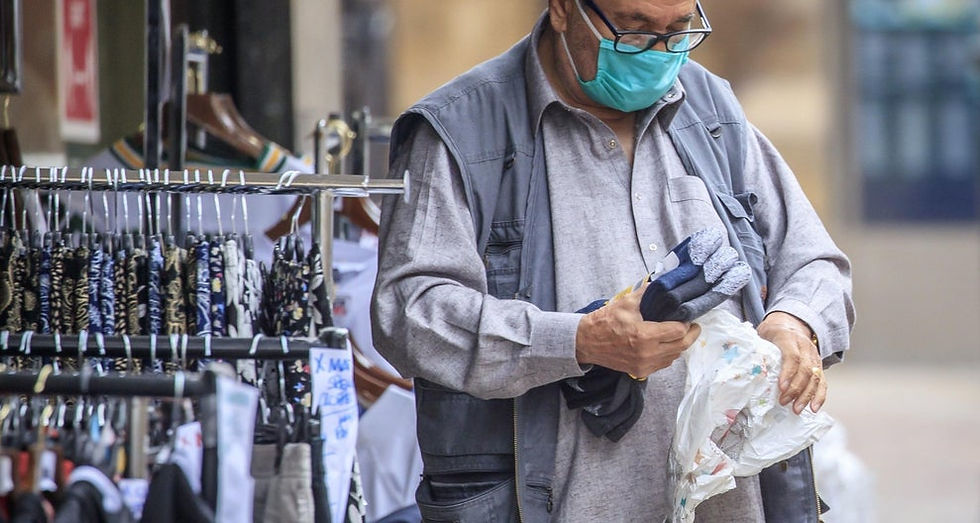Yorkshire: Dr Mohammed Ali says public sector must increase ethnic diversity in workforce
This is not just because thousands of people depend on them for their livelihoods. It is also vital that staff in public-facing roles reflect the communities they serve.
How can we expect our young people to aim high if they cannot see successful role models, like teachers and youth leaders, who look like themselves?
And isn’t it essential that social workers and health visitors have first-hand experience of the challenges faced by the communities they serve?
Government statistics show that 33 percent of Bradford district’s population is from an ethnic minority background.

Yet a recent an in-depth report by business advice specialist Grant Thornton exploring culture and diversity at the council reveals that only 28 per cent of its staff identify themselves as BAME and 96 per cent of the most senior roles are held by white people.
Racism was one of the most common issues raised, including the use of brief and subtle daily encounters that undermine individual self-worth.
Bradford Council is one of five local authorities in receipt of government funding to pioneer new ways of ending segregation and bringing people of different ethnic backgrounds together in schools, neighbourhoods and workplaces.
One of the reasons that the district was chosen was that it had the unenviable distinction of being ranked the fifth least integrated of 160 places across England and Wales.
The difference in employment rates by ethnicity was the second highest in the country: 82 percent of white British people aged 25 to 49 were in work, compared with just 60 percent of their non-white counterparts.
Since then, the council’s Bradford for Everyone programme has explored many new ways of helping people to mix, learn from, respect and understand each other.
The problem is that this doesn’t seem to apply to the authority’s own workforce.

Since I set up QED Foundation in Bradford in 1990, with the aim of providing opportunities for all, ethnic minority staff at the council have told me over many years they felt that they had been treated unfairly at work.
I have heard that the Bradfordians of Pakistani origin, which make up 20 percent of the district’s population, are the most under-represented across all grades and at senior levels.
There is also a strong perception that cronyism is widespread and anyone who speaks out against institutional racism risks being sidelined – it is important now that this perception is countered.
I have been raising the lack of ethnic diversity in general, but particularly at senior levels, with the local authority for over 30 years.
I am pleased to see some progress has been made in the past five years but much more needs to done, as the report recommends.
Bradford Council’s workforce should mirror the population it serves, with one in three of its staff coming from a BAME background, rising to up to 50 per cent in the most diverse neighbourhoods.

This should be the case across all departments, at every level of seniority and for each ethnic group.
If not, the council should take steps to find out why its recruitment, retention and progression strategy is falling short and rectify this.
There are many tools at its disposal, from unconscious bias training and mentoring of BAME staff to auditing pay gaps and promoting role models.
Yet there is a long way to go when it is still impossible to work out how individual communities are faring because the council workforce data conflates a number of ethnicities under broad headings such as ‘Black’ and ‘Asian’.
It is ironic that this report has been published at a time when the high death toll from coronavirus among ethnic minority communities and the Black Lives Matter campaign have raised public awareness of institutional racism.
Dr Mohammed Ali OBE is founder and chief executive of the Bradford-based QED Foundation.
Source: The Yorkshire Post







Comments